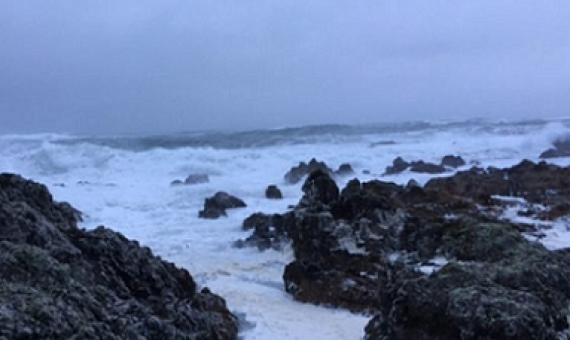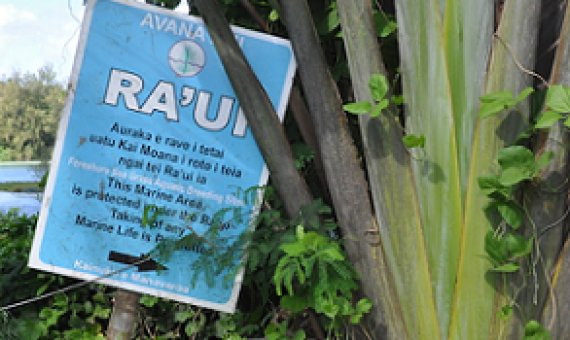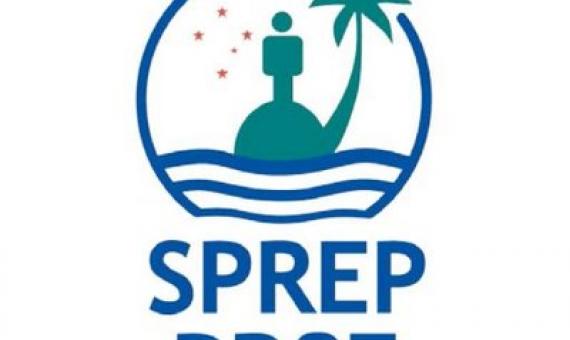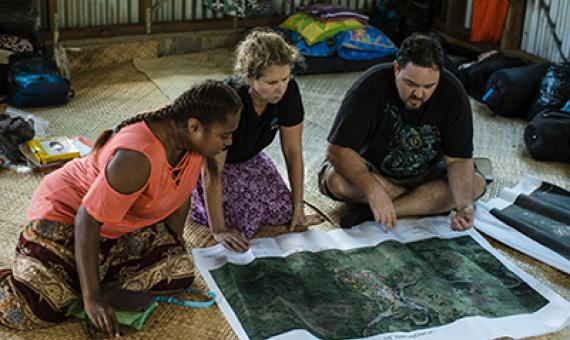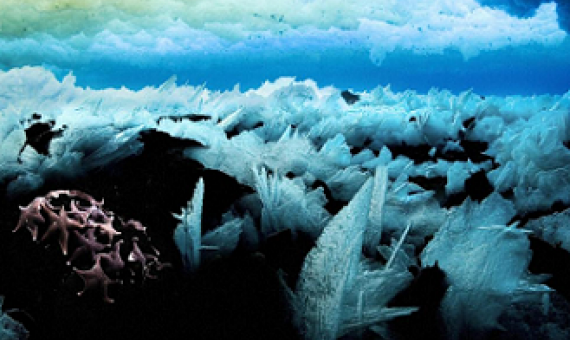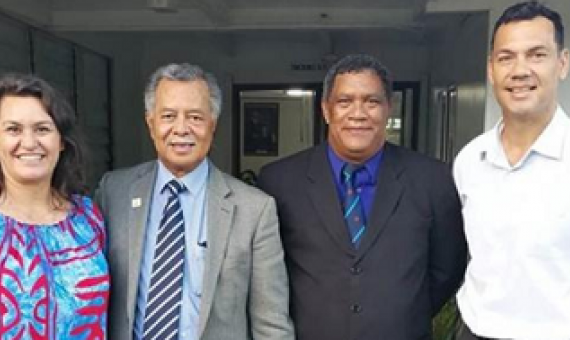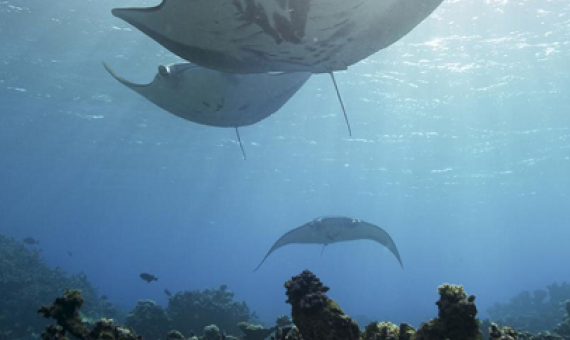The Greater Wellington Regional Council is being urged to establish a blue belt to protect the entire coast of the region.
The Palau International Coral Reef Center (PICRC) on Tuesday, August 13, 2019, was awarded with a 326,000 USD grant from Oceans 5 - a sponsored project of Rockefeller Philanthropy Advisors (RPA)- to support Phase 2 of the project titled The First Nationwide Marine Sanctuary in Palau...A
Jacqui Evans, who was this year recognised internationally for her work building Marae Moana, is being replaced as director of the marine park. It comes just six months after Evans was named a winner of the prestigious Goldman Environmental Prize, described as the Green Nobel Prize.
This story is part of a series on Marae Moana, the massive, recently enacted multiple-use marine protected area covering the Cook Islands’ entire exclusive economic zone.
SPREP established this fund in 2013, to honor the life and work of Lui Bell and his commitment to the conservation of marine species in the Pacific.
Stacy Jupiter, a marine scientist with the Wildlife Conservation Society who earned her Ph.D. in ecology and evolutionary biology at UC Santa Cruz in 2006, is among the 26 new MacArthur Fellows for 2019. The prestigious MacArthur fellowships, awarded annually by the John D. and Catherine T.
A landmark multinational agreement protecting Antarctica’s Ross Sea offers valuable lessons for similar global conservation pacts in the future, according to a new analysis coauthored by a CU Boulder researcher.
Titled understanding human well being benefits and values of the Palau National Marine Sanctuary, the project aims to understand the impact that nature conservation has on human well being.
This is the second in a four-part series on Moana Marae, the massive, recently enacted multiple-use marine protected area covering the Cook Islands’ entire exclusive economic zone...Spanning almost 2 million square kilometers (772,000 square miles) — an area roughly the size of Mexico — the MPA i
Coming to a science museum IMAX theater near you, Hidden Pacific reveals never-before-seen footage of the Pacific Ocean’s marine national monuments. These critical ocean habitats are spaces designated for important scientific ecological research.

